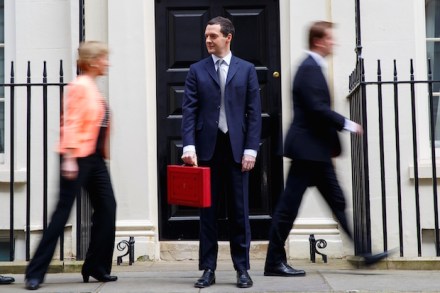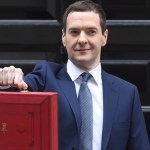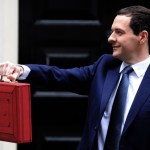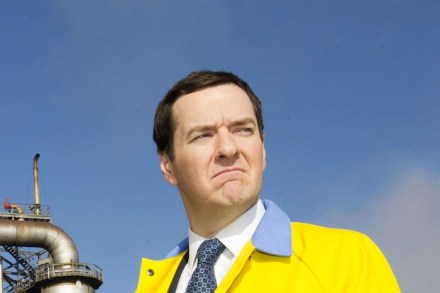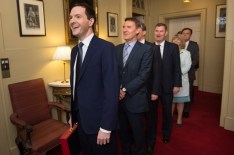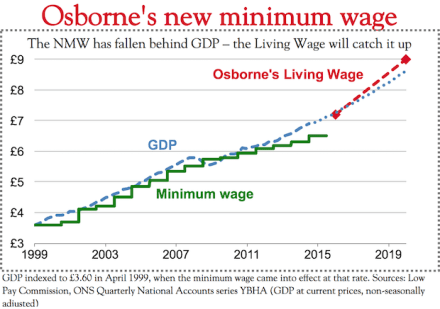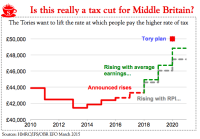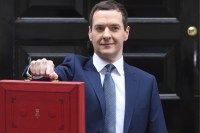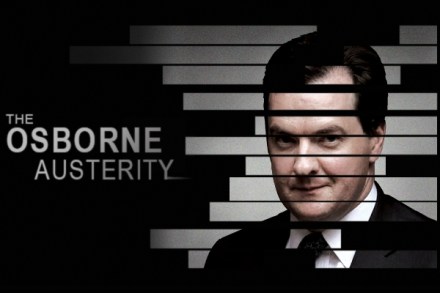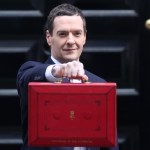One-nation economics
In his hastily scripted victory speech, David Cameron hit upon a mission that he wanted to define his remaining years in office. ‘I want my party, and I hope the government I would like to lead, to reclaim a mantle that we should never have lost: the mantle of one nation,’ he said. The problem was obvious: how could he reconcile this phrase with the hideous financial decisions that he had to make in office? With having to decimate not just unemployment benefits, but the support given to the millions trapped in low pay? George Osborne started to give his answer with his Budget this week. His main decision was
